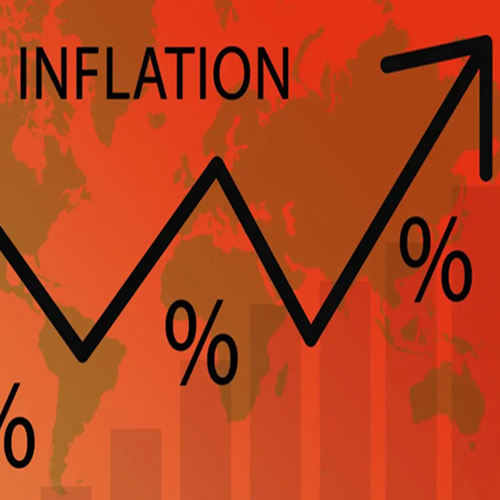Posted Thu, Jul 25, 2024 1:43 PM
Timeframe: Wed, Aug 14, 2024 11:00 AM - Wed, Aug 14, 2024 1:00 PM
Enhancing the Banking and Payments System for Effective Financial Inclusion

Financial inclusion has a profound impact on economic development. By ensuring the availability and accessibility of financial services to all individuals and businesses, financial inclusion plays a crucial role in driving investment and productivity, reducing poverty and inequality, and enhancing a country's overall economic well-being.
To this end, the Nigerian financial services industry adopted the National Financial Inclusion Strategy (NFIS) in 2012 with a goal of achieving 80 percent financial inclusion by the year 2020, and many initiatives have since been introduced by various stakeholders towards meeting this target.
The strategy was revised in 2018 with a plan to have 70 percent of Nigeria’s adult population in the formal financial services sector by 2020, up from 58.4 percent of the adult population that was financially included as at 2016 (Central Bank of Nigeria, 2018). The CBN released a follow-up strategy document (NFIS 3.0) in November 2022 with a target of 5 percent financial exclusion rate by 2024. While significant progress has been made, continuous efforts are required to ensure that financial inclusion leads to tangible economic development.
Find an event
Latest Releases
_1731941578.png)
Leveraging Artificial Intelligen .. Read
4 days ago

Second Consecutive Increase: Hea .. Read
1 day ago

The Dynamics of Access and Influ .. Read
4 days from now
